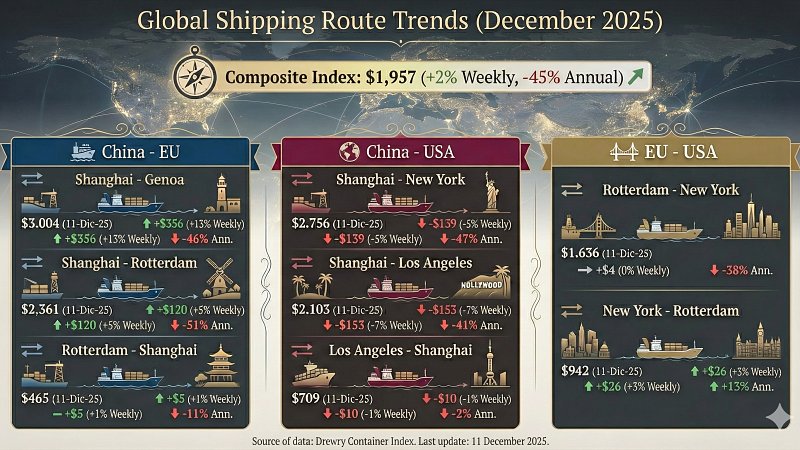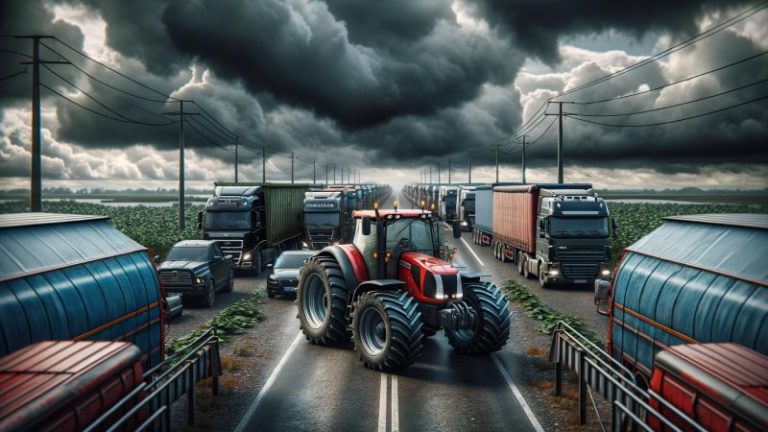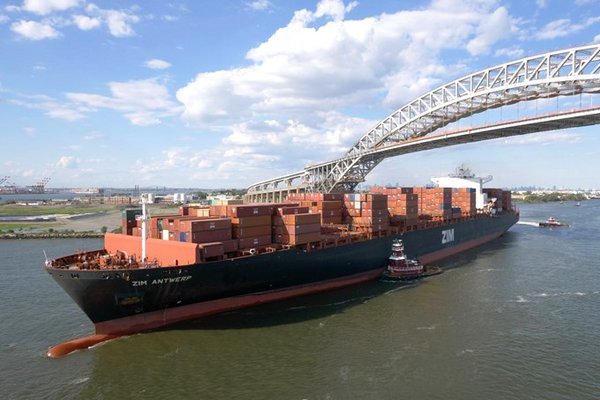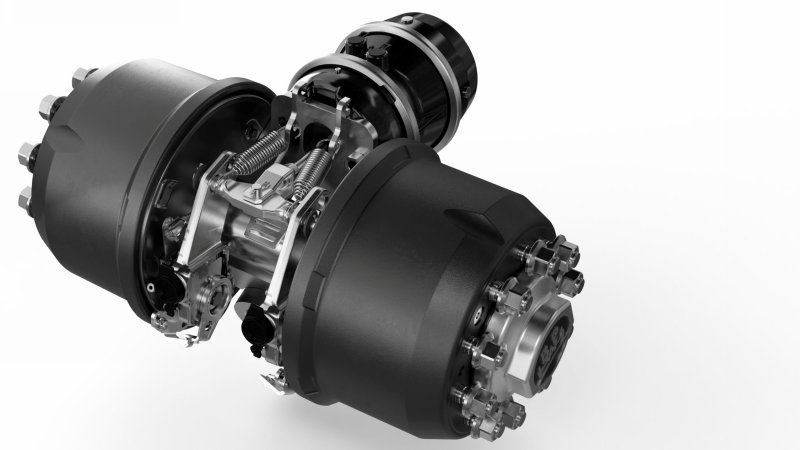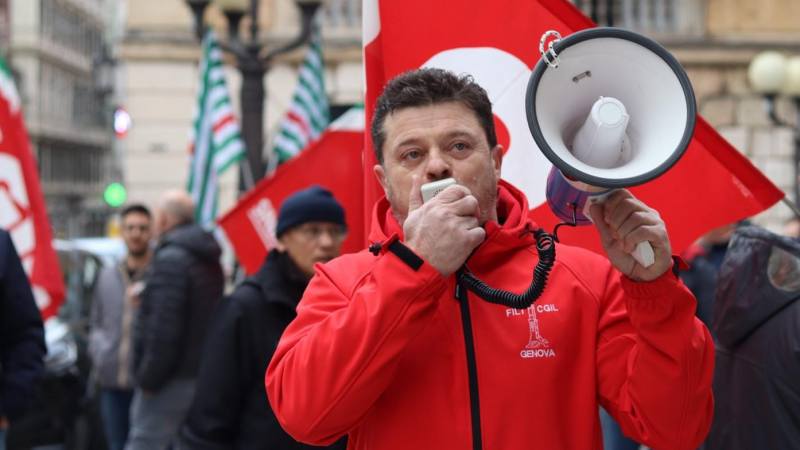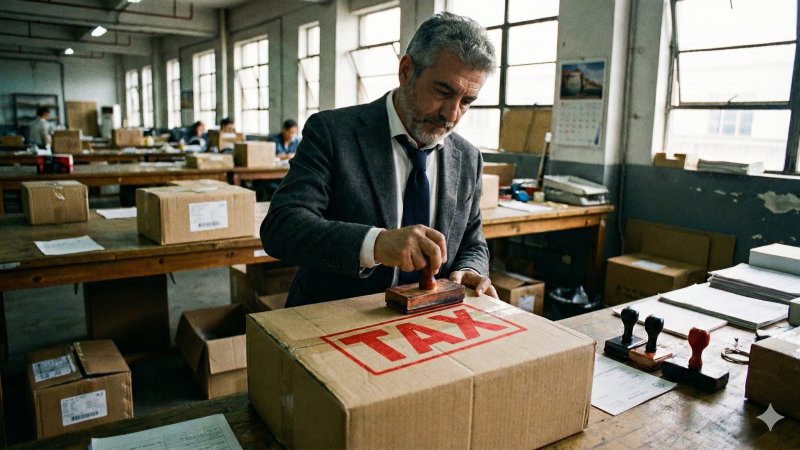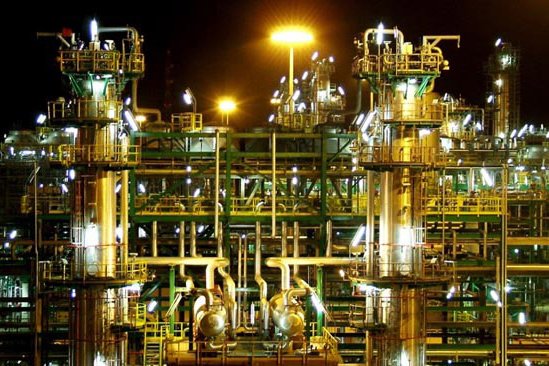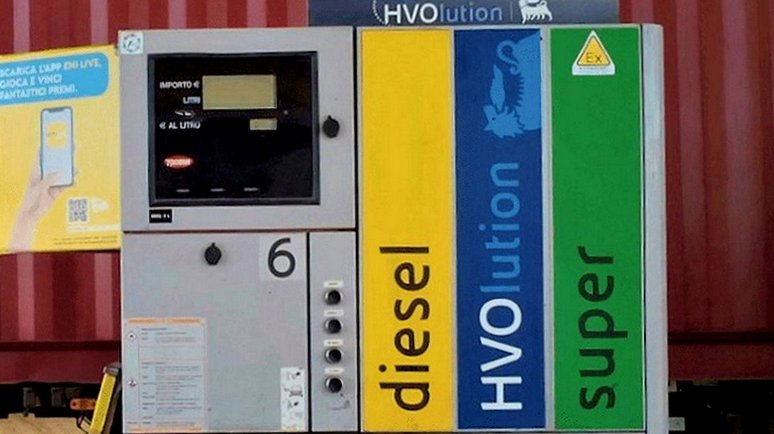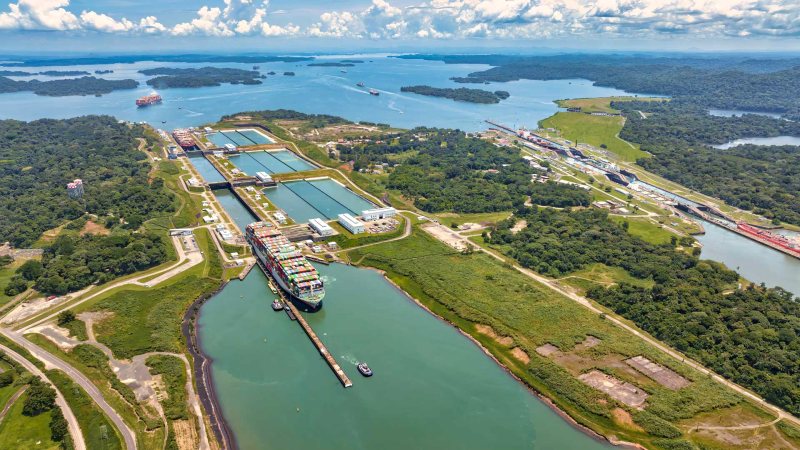The unrest among Polish farmers persists, causing ongoing blockades and transportation issues throughout the country. On March 20, 2024, a general strike commenced, initiated by the National Council of Solidarność, and has since spread to over five hundred cities. The group has also launched an online map, updated in real-time, displaying all ongoing blockades. This tool serves both as a travel guide and a testament to the widespread nature of the protests.
On the Ukrainian side, the Dorohusk crossing, previously blocked multiple times in recent months, remains congested with over three hundred vehicles waiting to cross the border, facing journey delays exceeding ninety hours. Further south, at Hrebenne, the queue of stationary vehicles has reached 260, with local administration reporting delays of up to sixty hours. Other crossings into Ukraine are also experiencing significant slowdowns, with delays up to forty-five hours at Dołhobyczów and twelve hours at Zosin. The only exception is Medyka, where farmers have temporarily lifted the blockade following an agreement with Agriculture Minister Czesław Siekierski.
"We suspend the protest for the duration of the implementation of this agreement, which does not mean we will wait forever. We demand immediate action to improve the economic situation of agriculture. Farmers will no longer accept the excuse that the government and the Minister of Agriculture have been in office for only three months," states the note released by the farmers' associations. The protest has also been suspended in Rogòw, 30 kilometers east of Łódź, following a serious overnight accident involving a heavy vehicle.
The circumstances leading to the collision are under investigation by authorities, but it appears the truck driver did not notice the protest signs and consequently rammed into four tractors on the roadway. Fortunately, there were no injuries in the impact, but organizers decided to suspend the demonstration to prevent possible accidents.
The situation on the Poland-Ukraine border has been further complicated by death threats sent in recent days to one of the peasant movement's organizers. Investigations by authorities led to the arrest of a 26-year-old Ukrainian citizen who, upon further investigation, was also charged with espionage. Allegedly working for the Russian secret services, the man is accused of offering several thousand euros to a Polish customs officer in exchange for information on military aid crossing the border daily.
Recently, the Ukrainian hauliers' association made an urgent appeal for the immediate lifting of the blockades. "The border must be unconditionally unlocked, traffic must resume, and only then can we start constructive conversations and negotiations. Ukraine is ready for negotiations, for talks, even within the European Union. It is necessary to determine with the Polish farmers what role Ukraine plays in these treaties. There must also be a constructive dialogue. We see trucks with destroyed loads, we see grain spilled from freight wagons, and the emotional impact is very high. We believe it is necessary to return to a rational dialogue because the Polish farmers' protests are harmful to both the Ukrainian and Polish sides. The blockade of the border affects the transport times of raw materials necessary for Ukrainian companies. In this situation, there is even talk of interrupting supply chains, including for companies operating in the Defense sector. These companies also employ people who pay taxes, and this is the only source of funding for our Armed Forces. Our country remains in a very difficult state of war and suffers from the fact that the border is blocked and these supply chains are broken."
However, the traffic blockades are not limited to the Ukrainian border but are also causing disruptions at the border with Belarus, where about 1,100 trucks are stuck in the town of Koroszczyn, with transit delays up to thirty hours. On the western side, blockades are reported at Świecko, Gubinek, and Słubice, on the border with Germany. Here, the protests, which have been ongoing for several weeks, were supposed to end on March 20, but the new general strike has prompted farmers to continue with interruptions at major road junctions.
Marco Martinelli





